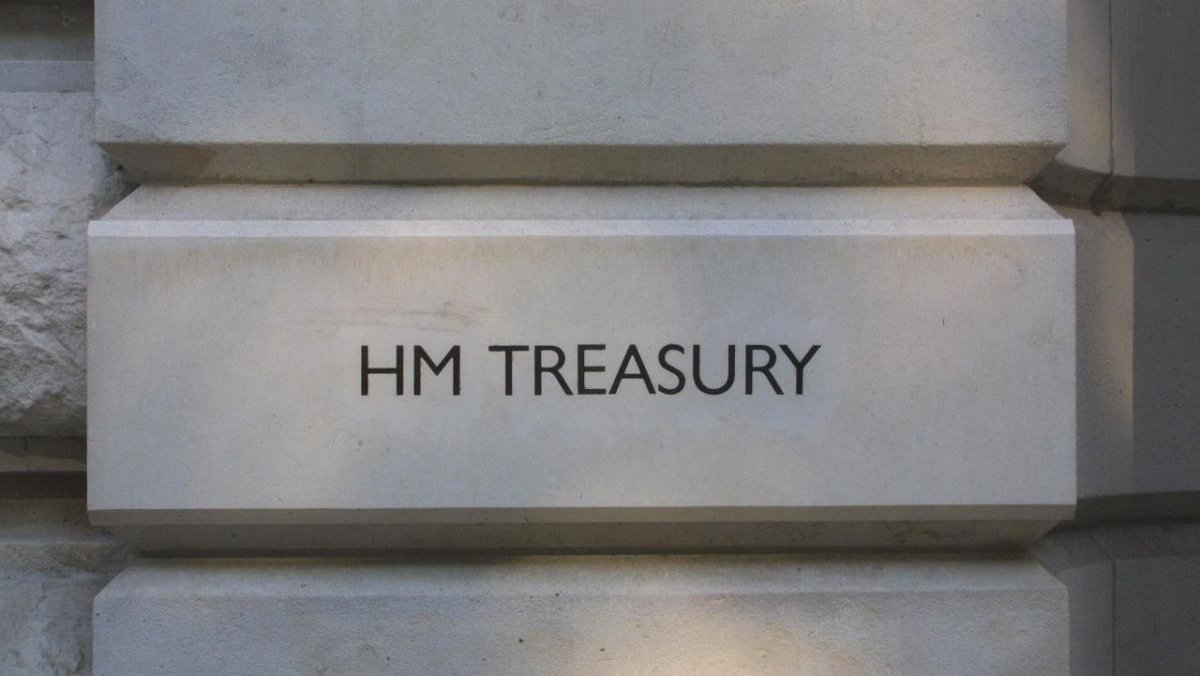Independent research shows value of Tonnage Tax to UK

In September 2017, the Centre for Economics and Business Research (Cebr), a leading economic consultancy in the UK, published a report commissioned by Maritime UK that examined the UK maritime sector’s economic contribution, with a section devoted to exploring the tonnage tax system’s economic impact on the shipping industry.
This segment used lower, middle and upper scenarios against the actual deadweight tonnage of the UK’s shipping fleet (covering vessels of 500 gross tonnes or more) under the current regime — or outturn — to determine what would have happened to the UK maritime fleet if the optional tax initiative had not been brought in.
According to the report, while revenues raised for the UK
Exchequer from the tax option were minimal, Cebr estimated that the gains from implementing
the regime, regarding economic performance, far outweighed the associated costs
of deferred Corporation Tax revenues.
According to Cebr, under the lower scenario, total deadweight tonnage would have dropped as low as 6.8m tonnes by 2015, while under the middle and higher scenarios, deadweight tonnage figures would have been 3.7m and 2m tonnes respectively — against an actual 2015 outturn of 13.5m tonnes.
The actual direct impact of the tonnage tax on gross value added (GVA) in 2015 was just over £4bn, while the real aggregate impact was £16bn. The lower scenario’s direct impact for GVA in 2015 would have been equivalent to a loss of 0.11% of UK GDP — or the UK losing the entire direct GVA contribution from the dairy or beer manufacturing industries, or most other services incidental to water-transportation.
Additionally, in 2015, the shipping
industry directly supported 51,000 jobs for UK employees, but the report’s middle
scenario indicated that direct employment for that year would have only been
13,700 jobs — equal to a 73% decrease.
Industry, led by the Chamber of Shipping, is working to explore options to increase the competitiveness of the UK's Tonnage Tax regime. Prudently, options being considered include both a regime that is aligned to EU standards, and another that would be suited to a regulatory environment where the UK were to diverge from the EU.
Read: Brexit will allow UK to offer shipping firms better taxregime than EU
